Our Mission to Protect the World’s Forests
We are working in 60+ countries to build sustainable, rural economies—a proven strategy to keep our forests standing.
Home / Issues / Forests & Biodiversity / Page 18
Forests are critical to every living thing on Earth. Not only do they give us clean air, shelter, and rain, they house 80 percent of the world’s terrestrial biodiversity. Alarmingly, humans have destroyed half of the world’s tropical forests and driven extinction rates up thousands of times higher than what is natural.
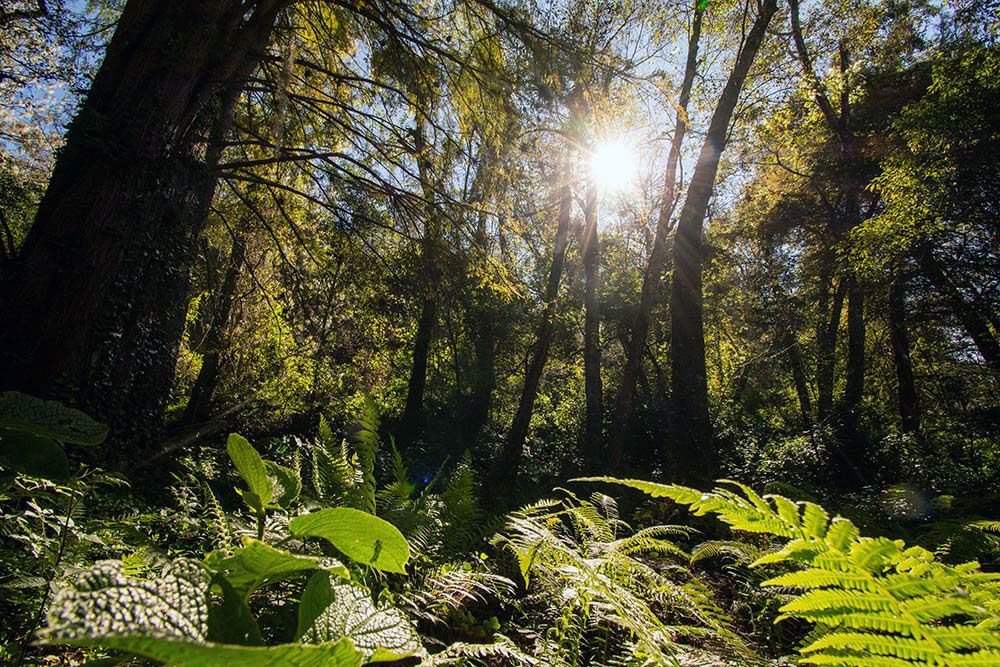
Forests are a powerful natural climate solution. As trees grow, they absorb and store carbon emissions, while releasing oxygen into the atmosphere. Conserving forests could cut an estimated 7 billion metric tons of carbon dioxide each year—the equivalent of getting rid of every car on the planet.
![]()
in the forest concessions of the Maya Biosphere Reserve, Guatemala*
In Guatemala’s Maya Biosphere Reserve, twelve community forestry concessions safeguard around 417,269 hectares of the largest and most important tropical forest north of the Amazon. These community-run concessions boast a near-zero deforestation rate—a remarkable feat given that adjacent areas suffer some of the highest deforestation rates in the Americas.
*Community forestry concessions in Guatemala’s Maya Biosphere Reserve have demonstrated a near-zero deforestation rate, since data collection began in 2000. Data accurate as of December 2019.
![]()
From 2020 through 2021, farmers we work with in the buffer zone of Indonesia’s Bukit Barisan Selatan National Park planted 45,000 trees in the area directly bordering the park. In addition, we identified 80 farms that sit in a wildlife corridor used by the critically endangered Sumatran elephant. We supported these farmers in planting species that suit the elephants’ diet.
*Data accurate as of December 2022
Together with forest and farming communities, Indigenous leaders, companies, governments, and global citizens, the Rainforest Alliance works in 58 countries to promote more sustainable land management practices while cultivating thriving rural economies—the most widely proven strategy to restore biodiversity and keep our tropical forests standing.
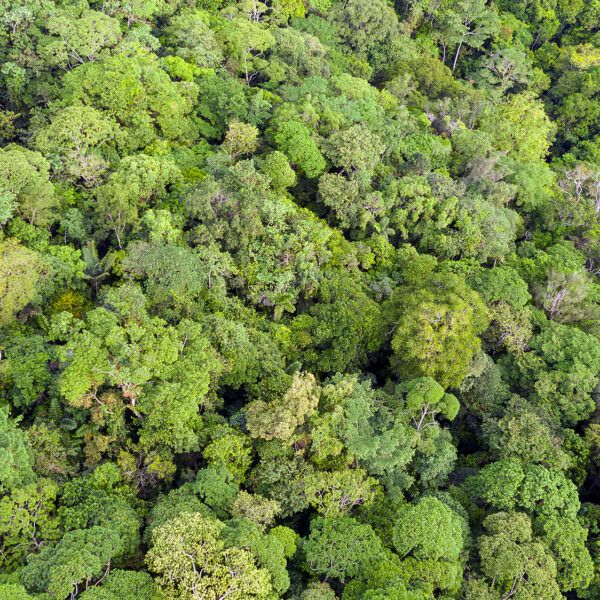
We are working in 60+ countries to build sustainable, rural economies—a proven strategy to keep our forests standing.
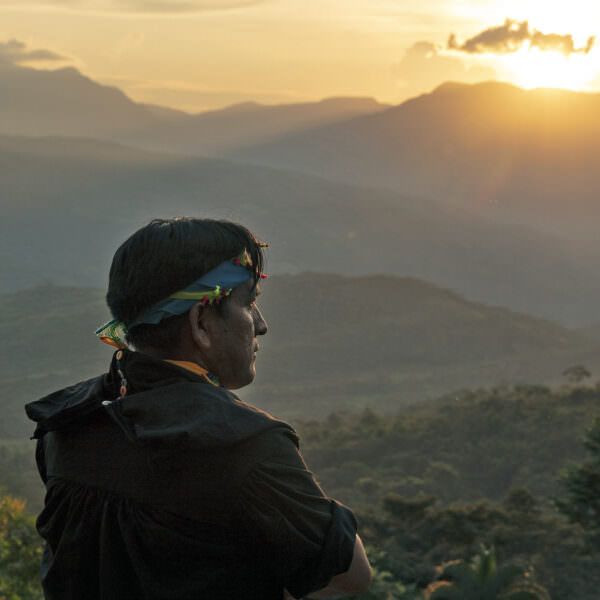
Indigenous peoples and local communities have an unsurpassed connection to the Earth's forests.
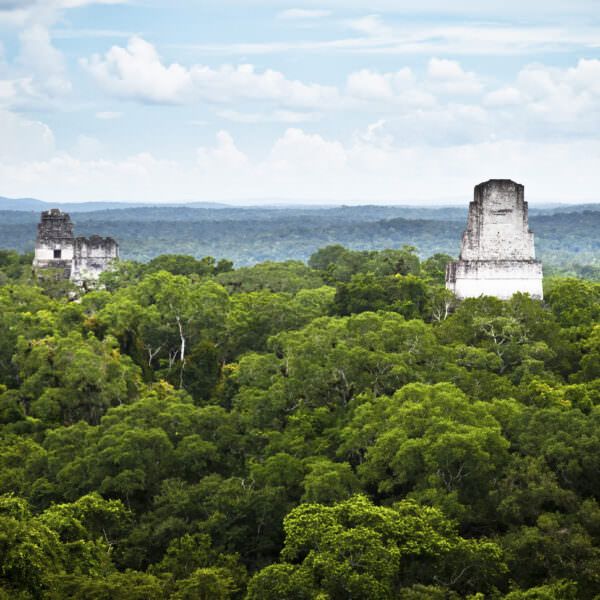
The forest concessions of the Maya Biosphere Reserve have boasted a near-zero deforestation rate for 20 years.
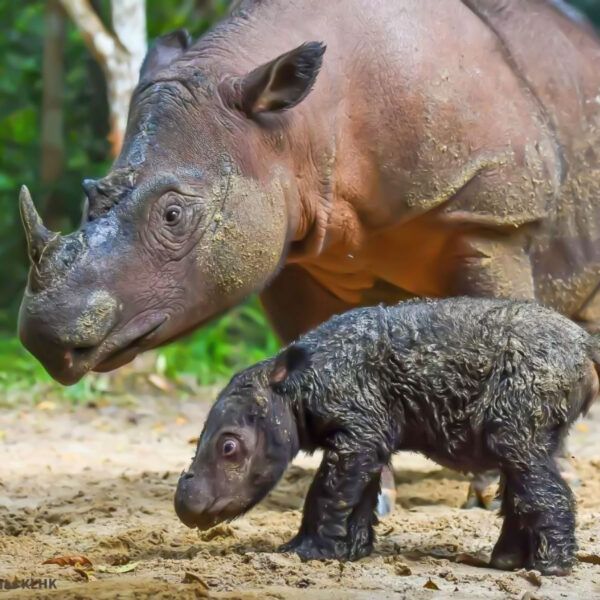
We're training coffee farmers in the Bukit Barisan Selatan National Park buffer zone to help them conserve biodiversity and improve their livelihoods.
Glass talks to Nigel Sizer, Chief Global Alliances Officer of the Rainforest Alliance, about its work with Guatemala's rural communities, and why this is such a pivotal time for the future of a country emerging from conflict and political instability.
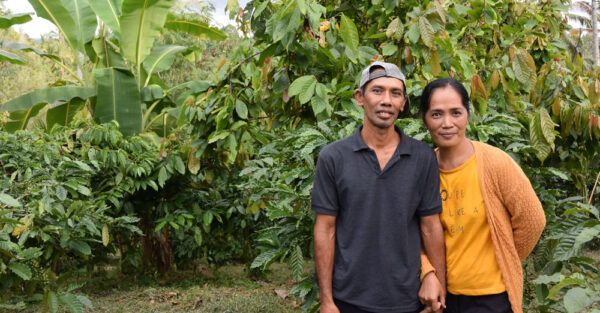
Indonesia's small-scale farmers can transform the cocoa sector into a powerful engine of rural prosperity and sustainability.... Continue Reading
Eighty percent of land-dwelling species establish homes in forests and the biodiversity ensures global food security and helps alleviate poverty during times of crisis. So, why are we destroying what's left of the planet's forest?

Esta guía educativa gratuita ayudara a sus estudiantes a explorar el manejo sostenible de los bosques y su papel en el desarrollo comunitario, usando los ecosistemas únicos de la Península Yucatán, México como ejemplo. Los materiales abordan los componentes principales para comprender el manejo sostenible de los bosques y la cadena de valor de productos […]

Conserving forests is at the heart of the Rainforest Alliance’s mission. This paper outlines our principles and strategies for stopping deforestation (and other forms of ecosystem conversion) in vulnerable tropical regions. These include our commitment to center sustainable livelihood opportunities and human rights through bottom-up approaches that support rural communities as ecosystem stewards.
The mission of the Rainforest Alliance has evolved over time, but they have always focused on creating alternatives to tropical deforestation that are economically viable and socially desirable.